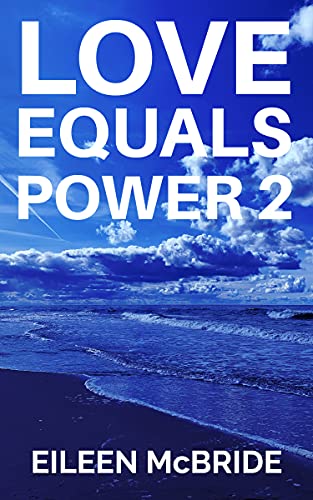When I was 26, I decided to leave my husband, to whom I’d been married for seven years. This was not an easy decision for me. I had been raised to believe that divorce was, if not immoral then, short of abuse or infidelity, unacceptable, and would be regarded as a significant moral and emotional failure on my part.
I was not accustomed to breaking rules. On the whole, I found that most rules that had been imposed on me as I was growing up were not only eminently reasonable, but clearly existed for my protection and well-being. But I was rubbing up against the inherent inadequacies of the morality that had governed my choices in the past.
The moral code that had led me to the marriage in the first place was the same code that dictated that I should stay in that marriage. I had gotten married at the rather young age of 19 precisely because it dictated that girls should not engage in pre-marital sex, and that living together was out of the question. In fact, I understood that neither his parents nor mine would visit us in our “house of sin” if we did not marry.
For at least two years I did all that I could to create a marriage that was an emotionally safe place for me, one that did not always preference my husband’s needs and desires over mine, and that allowed me to flourish, grow and expand in ways that I needed. I tried everything to get my husband to understand that some of his choices and actions were detrimental to my well-being but he would not listen and he certainly showed no willingness to alter his behavior.
I slowly began to see that the moral code to which I had tried to conform to in my original choice to marry was inadequate to create the life my soul craved. The voice for my inner truth got louder and more persistent. I knew that if I did not listen to it, and act accordingly, emotional and physical dysfunction would set in. In fact, this sort of spiritual and emotional dissonance is the very cause of many emotional and physical disorders.
With time, the conditions of my marriage deteriorated so much that I became convinced of the rightness of my actions, and other’s opinions on the matter made no impression. This included my father, whom I was always anxious to please and could not bear the thought of disappointing. But I was fighting for survival and I knew only I could save me. I knew that no one else could, or would, make my life right. So I finally listened to my own truth and left.
The rules of morality exist not only to preserve the group culture but also to control it. Our moral codes break down when we must act according to our own truth because many of the rules were formulated by religious and political institutions, who believed the needs of the group trumped those of the individual, in their effort to buttress their own power.
The rules clearly play a role in protecting individuals and creating a certain predictability and social stability. But this is only required while individuals cannot achieve these on their own. When we understand the metaphysical laws of love, including the law of cause and effect, we do not need others to tell us what is right and good. We understand that if we want love, peace and harmony we must choose them, at all times and under all circumstances.
Our inner truth is the voice of our soul pushing us to realize our Oneness with all life. Once we learn to listen to it, and ignore the urges of ego, which are the source of all feelings of division and separation from all life, we come to see that our inner truth is the constant and unerring voice of love.
The laws of love ensure that all are protected and all are free to flourish and thrive. Moral codes exist to guide us while, and until, we understand the laws of love, including self-love.

